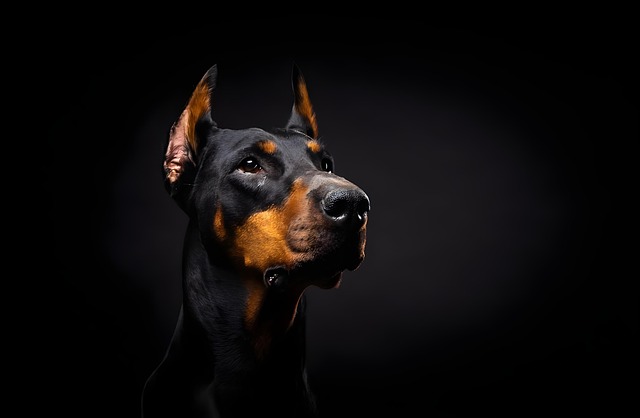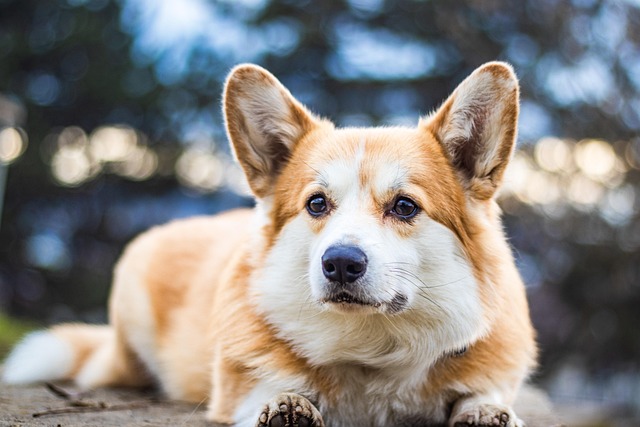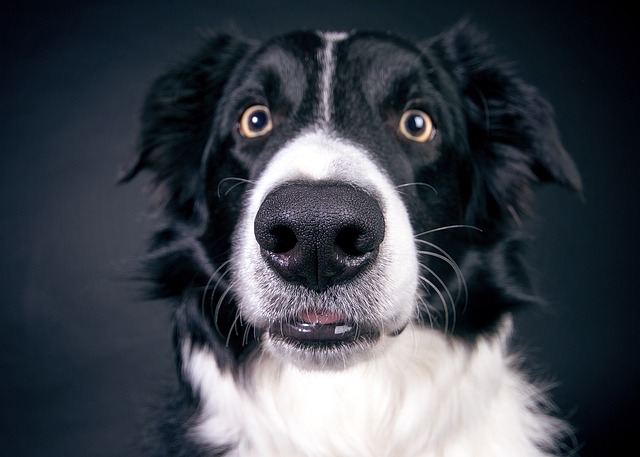
How to test for tetanus in dogs?
Tetanus in dogs often starts with subtle signs most owners miss—like a stiff jaw when grabbing a favorite chew toy or hesitation to climb stairs they once bounded up.
Do dogs lose their hair in the summer? If you’re a new dog owner in places like Florida or New York, you’ve probably stared at the tufts of fur on your couch this July and wondered: Is this normal? Spoiler: Yes, and it’s all part of nature’s plan—let’s break down why, and what to do about it.
Summer hair loss in dogs is mostly seasonal, a clever trick their bodies use to stay cool. Think of it as shedding the “winter coat” they grew to stay warm. Dogs, especially double-coated breeds like Golden Retrievers or German Shepherds, have an undercoat that thickens in fall and thins in spring and summer. This undercoat acts like insulation: in winter, it traps heat; in summer, shedding it lets air circulate close to the skin, keeping them from overheating. A vet in Miami once joked, “My clinic sees more ‘Is my Lab sick?’ calls in June than any other month—turns out, 9 times out of 10, it’s just their summer shed.”
So how to manage the mess? Grab a de-shedding tool—these are designed to yank out loose undercoat without irritating skin. Brush outside if you can, or lay a old beach towel on your apartment floor (trust me, your roommate won’t complain about fur in the AC filter). Do this 3-4 times a week, and make it fun: toss a treat when your pup sits still, turning grooming into bonding time. This isn’t just nice—it’s positive reinforcement, helping your dog learn that “brush time” means good things, not stress.

Now, let’s talk compliance. While shedding itself isn’t regulated, keeping up with care ties into legal musts. Ensure your dog’s rabies vaccine is up to date—states like New York require it by law, and most dog parks or groomers in Chicago won’t let unvaccinated pups in. And when those post-brush walks take you through the neighborhood? Pack poop bags. Cities like Los Angeles fine up to $100 for skipping this, and it’s basic decency—no one wants your dog’s waste in the community garden.
Culturally, never scold your dog for shedding. Yelling “Stop that!” when they shake off a cloud of fur is confusing—this is instinct, not misbehavior. Punishing them can make grooming a battle; instead, laugh it off and say, “Good job letting me brush that loose stuff!” while handing over a chew. This aligns with how American trainers teach: reward calmness, not punish nature.
Apartment dwellers, here’s a pro tip: Use a lint roller on furniture weekly, and vacuum high-traffic areas (like by the door) to keep fur from spreading. Neighbors in tight spaces appreciate this—no one wants to find your pup’s fur on their laundry. And during summer walks, keep your dog leashed—even if they’re shedding less, respecting others’ space (especially kids or seniors) is part of being a responsible owner.
In short, yes—dogs do lose more hair in summer, and it’s totally normal. With a little brushing, positive vibes, and attention to community rules, you’ll both sail through the season with less fur on your clothes and more tail wags.

Tetanus in dogs often starts with subtle signs most owners miss—like a stiff jaw when grabbing a favorite chew toy or hesitation to climb stairs they once bounded up.

If you’re a new dog parent in the US—maybe you’re standing in your Ohio apartment’s pet store aisle, holding a bag labeled “senior dog food” while your 8-year-old Dachshund

If you’re a new dog parent to a senior pup in the US—maybe you’re standing in your Florida apartment’s pet food aisle

Pet owners often worry about hidden health risks for their dogs, and toxoplasmosis is one that flies under the radar for many—understanding how dogs pick it up is key to keeping them safe.

If you’re a new dog parent in the US—maybe you’re standing in your Chicago apartment, staring at your 7-month-old Poodle mix, Bella

Tetanus in dogs comes from bacteria entering open wounds—think a deep cut from a rusty fence nail during a walk, or a scraped paw from digging in contaminated soil.